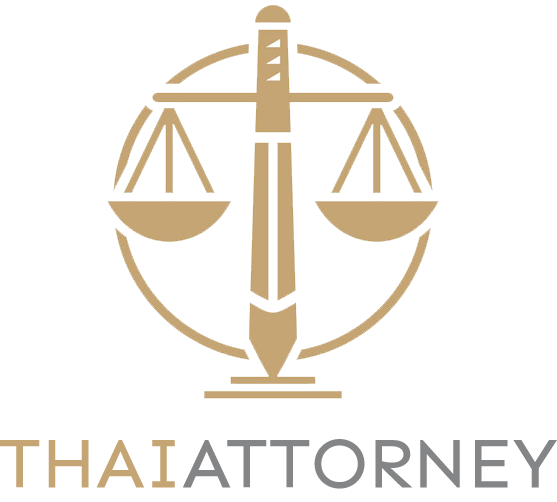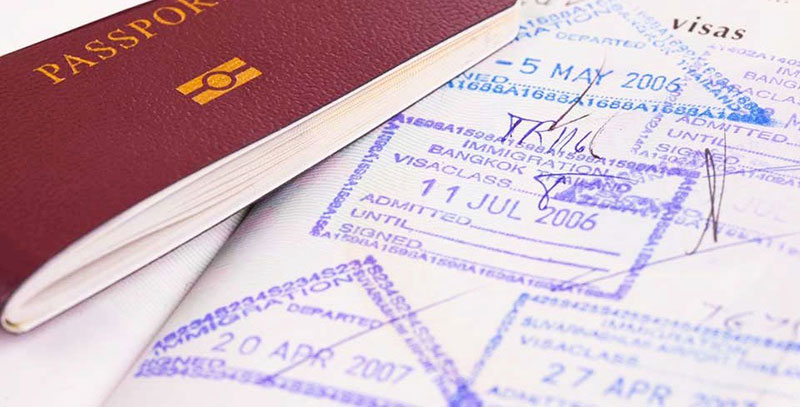Thailand visa exemption policy allows nationals of designated countries to enter the Kingdom for short-term stays without obtaining a visa prior to arrival. These exemptions are governed by a combination of ministerial regulations, bilateral agreements, cabinet resolutions, and the Immigration Act B.E. 2522 (1979).
While often misunderstood as informal or automatic, visa-exempt entry is a regulated legal status, and foreign nationals entering Thailand under these privileges are subject to specific conditions, limitations, and administrative oversight.
II. Legal and Administrative Framework
| Instrument / Agency | Function |
|---|---|
| Immigration Act B.E. 2522 (Sections 12, 34, 35) | Legal foundation for entry permissions and exemptions |
| Ministry of Interior / Cabinet Resolutions | Determine exemption eligibility and time limits |
| Ministry of Foreign Affairs (MFA) | Negotiates and ratifies bilateral exemption agreements |
| Bureau of Immigration (Immigration Police) | Enforces conditions of entry, stay duration, and overstay laws |
III. Categories of Visa Exemption
Thailand offers visa exemption under two primary categories:
A. Unilateral Exemptions
These are privileges granted by Thailand without requiring reciprocity. As of 2024, holders of ordinary passports from the following countries can enter Thailand for tourism or short visits without a visa:
-
United States
-
United Kingdom
-
France
-
Germany
-
Canada
-
Japan
-
South Korea
-
Australia
-
Singapore
-
And others (over 90 countries during temporary measures in 2023–2024)
Permitted duration: Typically 30 or 60 days, depending on bilateral policy or temporary executive orders.
B. Bilateral Visa Waiver Agreements
Thailand maintains mutual visa exemption treaties with certain states, usually under the principles of reciprocity and parity. These agreements vary by:
-
Duration of stay (e.g., 90 days for Chilean nationals)
-
Purpose of visit (tourism only vs. business included)
-
Passport type (ordinary, official, or diplomatic)
Examples:
| Country | Duration | Purpose |
|---|---|---|
| Brazil | 90 days | Tourism |
| Peru | 90 days | Tourism |
| Hong Kong (SAR) | 30 days | General visit |
| Laos | 30 days | General visit |
| Argentina | 90 days | General visit |
IV. Conditions of Visa-Exempt Entry
Upon entry, travelers must satisfy the following legal conditions under Section 12 of the Immigration Act:
-
Passport validity of at least 6 months
-
Proof of onward or return travel
-
Evidence of sufficient financial means (THB 10,000 for individuals; THB 20,000 for families)
-
No criminal record or history of immigration violation
-
No intention to work or engage in business
-
Entry for permissible purpose (e.g., tourism, family visit, attending seminars)
Immigration officers retain full discretion to deny entry, even if the traveler’s nationality is visa-exempt.
V. Duration, Extension, and Entry Frequency Limits
| Mode of Entry | Standard Stay | Extension (at Immigration Office) |
|---|---|---|
| Air (most exempt countries) | 30 days | +30 days (discretionary) |
| Land/Sea border (non-ASEAN) | 2 entries/year | +30 days (case-by-case) |
| ASEAN nationals (land entry) | No annual limit | +30 days (if qualified) |
VI. Prohibited Conduct Under Exemption
The visa exemption is strictly limited to non-remunerative activities. The following are prohibited without a proper visa or work permit:
-
Employment or volunteer work
-
Freelance digital work (even if income is sourced from abroad)
-
Commercial representation or attendance at trade events (without B visa)
-
Formal study or religious training (requires ED visa)
Violation may result in:
-
Revocation of current permission to stay
-
Blacklist or re-entry ban
-
Criminal penalties under Sections 37, 76 of the Immigration Act
VII. Overstay Consequences
| Duration of Overstay | Penalty (THB) | Ban Period |
|---|---|---|
| 1–90 days | THB 500/day (max THB 20,000) | None (if voluntary departure) |
| Over 90 days | — | 1-year ban |
| Over 1 year | — | 3-year ban |
| Over 3 years | — | 5-year ban |
| Over 5 years | — | 10-year ban |
VIII. Border Run and Re-Entry Risks
Frequent re-entry using visa exemption may result in:
-
Refusal of entry at the discretion of the immigration officer
-
Annotation in the system for suspected visa abuse
-
Requirement to obtain a formal tourist or Non-Immigrant visa
While not illegal per se, “border runs” (e.g., exit to Laos, Cambodia, or Malaysia and return same day) are not guaranteed to succeed, especially when done repeatedly.
IX. Interaction with Other Visa Programs
Visa exemption is non-convertible inside Thailand. A foreigner entering visa-exempt cannot:
-
Change status to Non-Immigrant B or ED visa within Thailand
-
Apply for a work permit
-
Use the stay period to initiate residency or permanent visa procedures
Any change of status requires exit and application from a Thai embassy abroad.
X. Recent Developments (as of 2024)
-
Extended Exemption to 60 Days: In 2023–2024, the Thai Cabinet approved a temporary extension of visa exemption for 93 countries from 30 to 60 days to stimulate tourism. This measure may be rescinded at any time.
-
Digital Nomad Scrutiny: Immigration authorities have increased inspection of travelers suspected of working remotely on tourist or exempt status.
-
Biometric Border Controls: New entry-exit tracking systems enhance the enforcement of overstay and re-entry patterns.
XI. Conclusion
The visa exemption policy in Thailand is a legal privilege grounded in administrative discretion, not an unrestricted right. While it offers convenience for short-term tourism and travel, it remains tightly controlled, with penalties for misuse.
Legal advisors and compliance officers must counsel foreign nationals that:
-
Visa exemption does not allow commercial activity
-
There are clear limits on stay, extension, and re-entry
-
Frequent use may trigger scrutiny or lead to involuntary denial of entry
To avoid legal exposure, travelers with intent beyond pure tourism should obtain an appropriate visa classification prior to entry.

